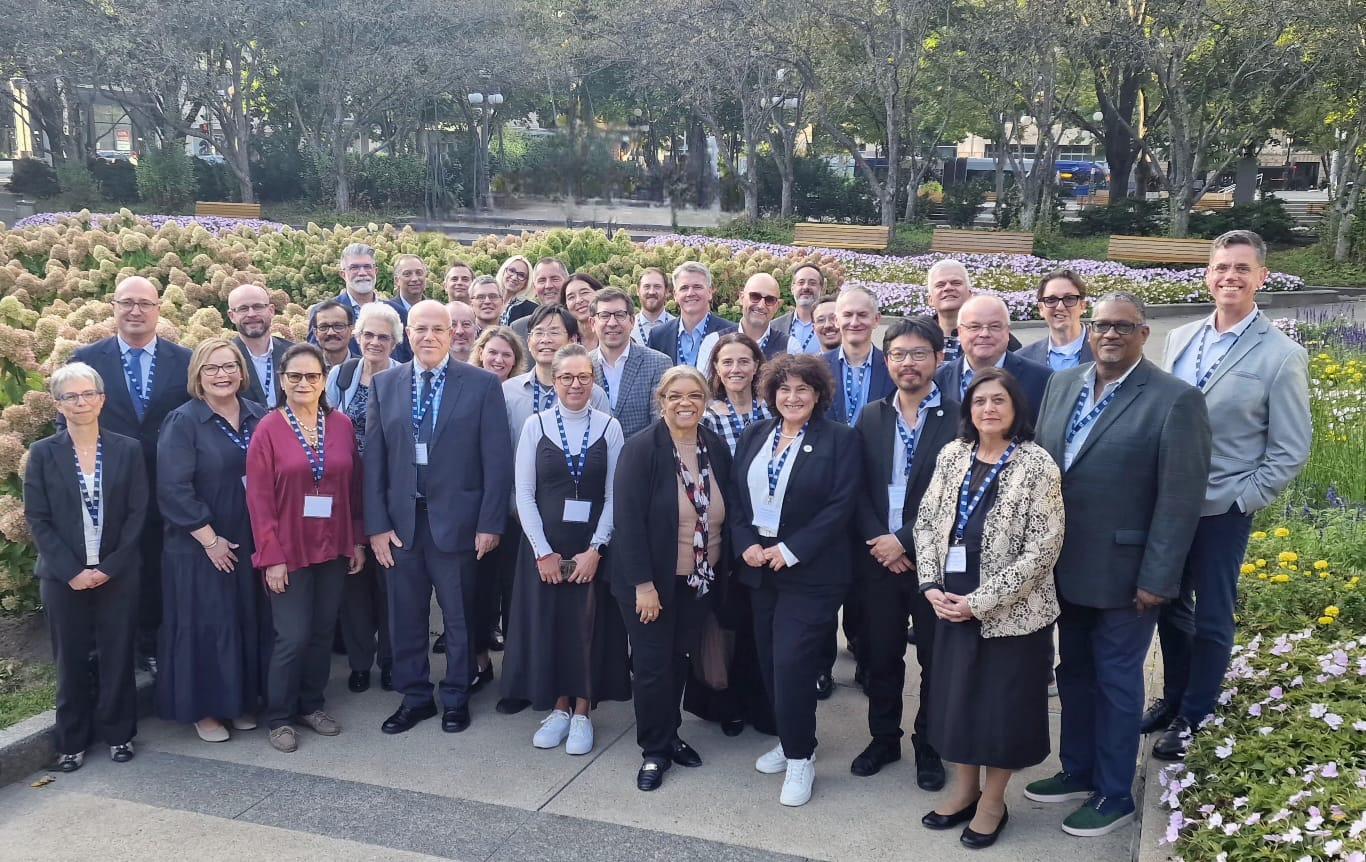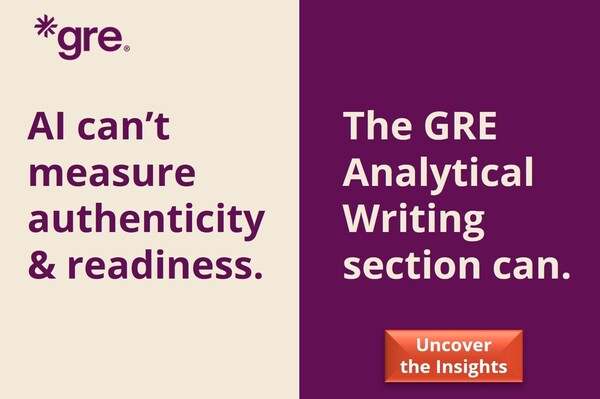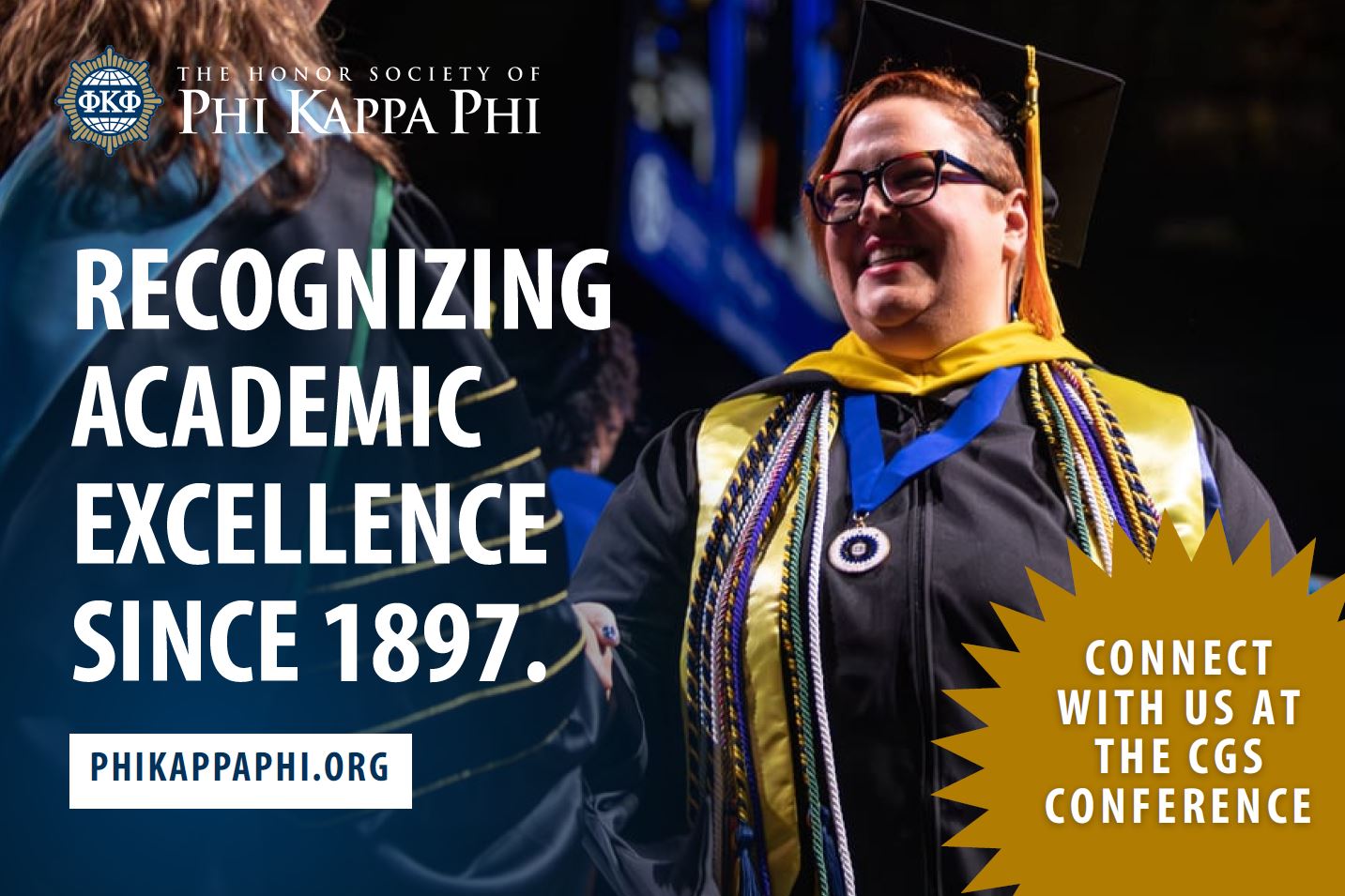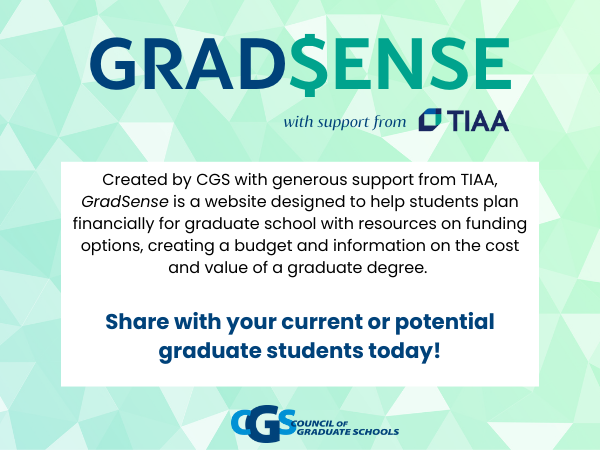CGS Convenes Global Graduate Education Leaders to Address Artificial Intelligence and Student Success
The Council of Graduate Schools (CGS) and the Institut national de la recherche scientifique (INRS), a CGS member, co-convened the 2025 Strategic Leaders Global Summit on Graduate Education from September 28–30, 2025 in Québec City, Canada, with support from ETS. The summit brought together leaders from 33 institutions across 15 nations to explore how artificial intelligence (AI) and emerging technologies can support student success.
 Panel discussions spanned a wide range of topics, including the ethical implications of generative AI, the importance of disclosure and transparency in responsible AI use, and the potential for new tools to create personalized learning pathways and enhance interdisciplinary collaboration.
Panel discussions spanned a wide range of topics, including the ethical implications of generative AI, the importance of disclosure and transparency in responsible AI use, and the potential for new tools to create personalized learning pathways and enhance interdisciplinary collaboration.
Participants identified shared challenges in integrating AI into graduate education, such as ensuring responsible research practices, mitigating “cognitive offloading” that may erode core competencies and addressing the opacity and potential bias of many popular AI models. Integrating AI thoughtfully in graduate education requires not only a solid understanding of emerging technologies, but also strong leadership, inclusive policies, and a commitment to the core values of scholarly inquiry.
Despite concerns, attendees reached a clear consensus: when used responsibly, AI can be a powerful force for improving the graduate student experience and advancing research on society’s most complex challenges.
“Artificial intelligence is transforming research methodologies, reshaping disciplinary boundaries, and redefining the competencies our students need to lead in academia, industry, and society,” said Chevelle Newsome, President of CGS. “This summit represented a crucial step in our collective responsibility to navigate this transformation thoughtfully, balancing innovation with integrity, access with excellence, and technological capability with human judgment. I’m grateful for the expertise and commitment everyone brought to these conversations, and for the partnership of ETS and INRS in this important convening.”
“As graduate education leaders, we have a shared responsibility to ensure that artificial intelligence serves both knowledge and humanity. The Global Summit reminded us that technology must amplify, not replace, the intellectual curiosity and critical thinking that define advanced research and learning,” said Philippe-Edwin Bélanger, Director of Graduate Studies and Student Success, INRS.
Later this year, CGS will release a summary of the summit’s consensus principles and an action agenda, along with the papers presented by participants. A follow-up session will take place at the CGS Annual Meeting in December, where delegates will share their insights and continue the conversation on AI’s evolving role in graduate education, research, and teaching.
CGS invites you to explore the recommendations and papers from previous Global Summits on the CGS website.




